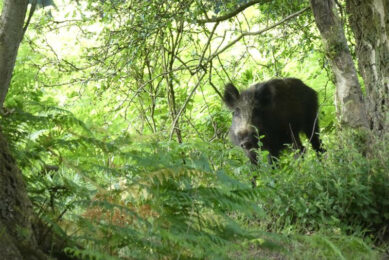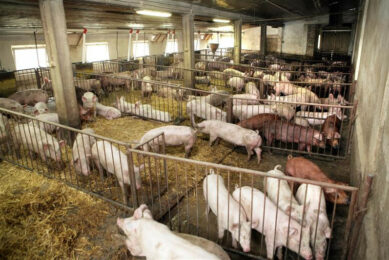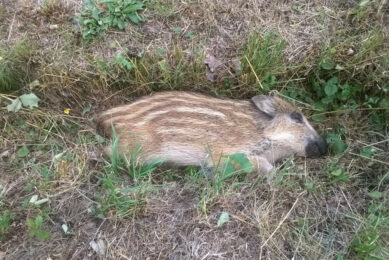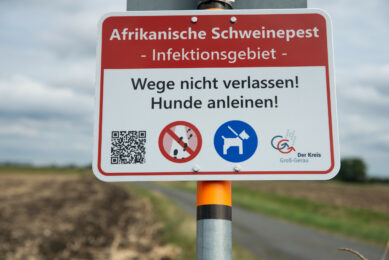ASF update: Outbreaks in Romania, EU steps up the fight
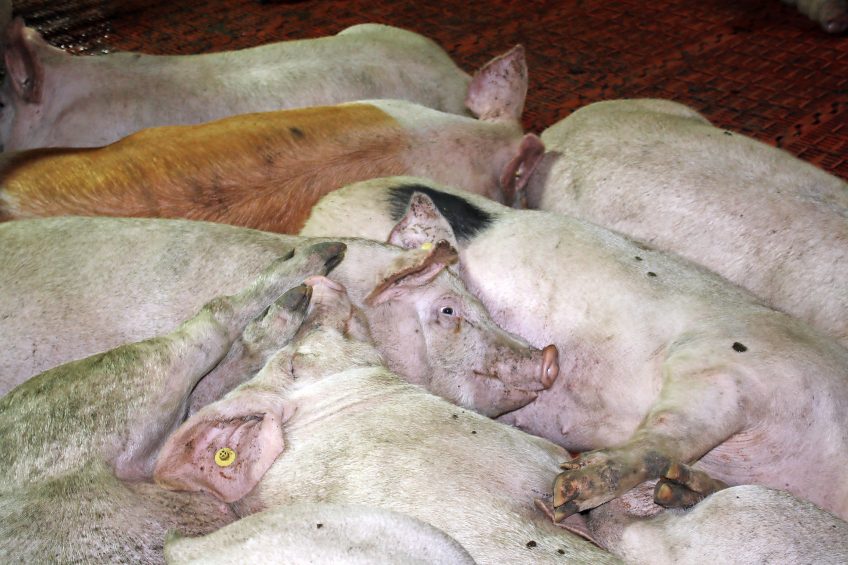
African Swine Fever outbreaks have suddenly reached serious levels in different areas of Romania. Among the cases reported is a professional swine farm of almost 45,000 pigs in Tulcea county. In the meantime, the EU is stepping up its ideas and initiatives to fight the outbreaks.
Until May this year, in Romania the occurrence of African Swine Fever (ASF) appeared to be limited to a few cases in Satu Mare county, close to both the Ukraine and Hungary borders.
ASF figures from Tulcea are worrisome
Predominantly the figures shared from Tulcea county, close to the Black Sea, appear worrisome. In total 249 cases of ASF have been reported between that date and now. This included mostly backyard farms, a national park, 1 slaughterhouse – and 1 large professional farm.
The farm in Tulcea province, with 43,800 pigs, was reported infected on June 29. Of that total, 8 pigs were found to have died of ASF in late June. To the World Organization of Animal Health (OIE), the Romanians reported that ‘the actions of culling and disposing of the animals are now in progress’.
Total culls of swine in Tulcea county alone now stands at 46,167 pigs – and counting.
What does pig farming in Romania look like? Pig Progress went on-farm in Romania a few years ago.
ASF outbreaks elsewhere in Romania
Other areas infected include Brăila county (neighbouring Tulcea on the west side), Constanta province (neighbouring Tulcea on the south) and Bihor county, next to Satu Mare in the country’s north. In all 3 counties, only 1 backyard farm was infected. The one in Bihor county had 57 porcine victims in total.
EU initiatives to contain ASF spread
Over the last few weeks, the European Union also stepped up its efforts to control African Swine Fever. The European Commission has recently announced to free up € 10 million for the development of a vaccine against African Swine Fever. Despite some ground-breaking research by CReSA-IRTA in Spain, a commercial vaccine is not yet available. The money will become available in the Horizon 2020 programme.
In addition, the European Food Safety Authority has indicated it will investigate the pros and cons of fencing to avoid the spread of the virus. Fencing has been suggested by some countries as a method to avoid the spreading of the virus across borders by wild boar.
What happens when a commercial farm gets hit by ASF? Read the story of this farm or watch the video
Targeted hunting of wild boar
A group of eminent researchers on behalf of the European Food Safety Authority (EFSA) also recently identified that intensive hunting of wild boar might provide a solution.
In a scientific opinion, published in the EFSA Journal, EFSA experts stated that when wild boar populations are below a certain threshold, the virus simply cannot spread as the virus is kept away from uninfected boars. In an interview with Pig Progress, Prof Zygmunt Pejsak recently suggested the same.
UK launches tutorial with warning signs
Despite a sea being between the European mainland and Britain, also in the UK, the developments with regard to African Swine Fever are followed closely. The country’s Department for Environment, Food and Rural Affairs (Defra) recently re-launched a guidance on how to recognise the signs for ASF. It has been circulating especially well on social media.
Read more about pig health in the Pig Progress Pig Health tool
African Swine Fever has been in Europe since 2006, when it was introduced in Georgia. Ever since, it spread to Armenia, Azerbaijan, Russia, Ukraine, Belarus and Moldova. So far, it has been found in 7 EU countries, including Lithuania, Latvia, Estonia, Czech Republic, Poland, Hungary and Romania.



